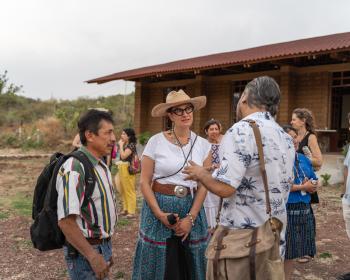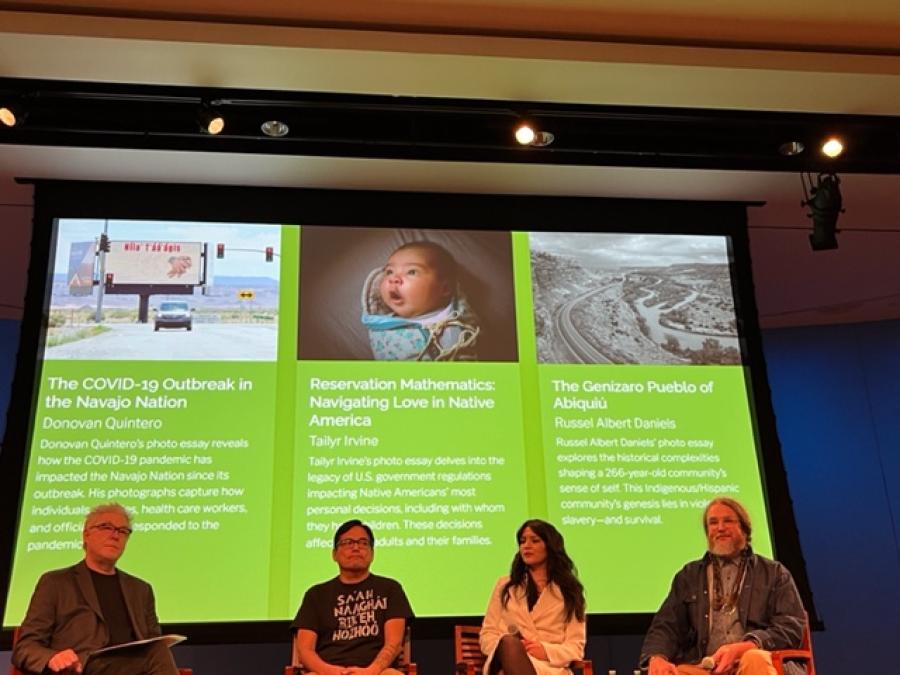On 5 September 1984, the Reagan Administration announced that it would back ratification of the 36-year-old United Nations convention against genocide. The convention, written in 1948 in response to the systematic killing of Jews by German Nazis, has been signed by more than 90 countries but never ratified by the United States Senate.
According to the convention, genocide is "the intent to destroy, in whole or in part, a national, ethnic, racial or religious group." Signatories are charged with preventing and punishing genocide whether it is promulgated by the leaders of a country, public officials, corporations or private individuals. Even if a government commits genocide within its own territory, it is not a domestic matter, but rather, a crime under international law.
The move by President Reagan has been met with considerable cynicism from many human rights organizations although these same organizations are unanimous in their support for the convention's ratification by the Senate. Political observers believe that the move is a calculated risk in this election year. Many do not think President Reagan expects the Senate to ratify the convention before October when this year's session ends. They see this move, as well as a recent condemnation of human rights violations in Uganda, as an attempt by the President to appear to support human rights while at the same time shift public attention from Reagan's record in Central America.
While such conventions are important symbolically they appear to carry little weight internationally. In the more than thirty years since the convention has been in effect, it has never been invoked. There is no question that during that period the annihilation of many groups of indigenous peoples occurred and should have prompted an official inquiry at least under the convention.
The convention itself might have little effect on the foreign policy of the United States. Yet, it would be a standard that could be used by individuals and humanitarian organizations within the country to effect change in U.S. policy even if the international community were not willing to invoke it. Within the U.S. bureaucracy, another forum would be created where fundamental issues of survival could be raised.
While the motives for the Administration's endorsement of the ratification of the genocide convention may be suspect, its ratification by the United States would be an important step forward in the worldwide battle for human rights. It would also establish a minimal, internationally acceptable standard for American foreign policy which would have both moral and practical effects for the world's tribal and ethnic minorities.
Article copyright Cultural Survival, Inc.



